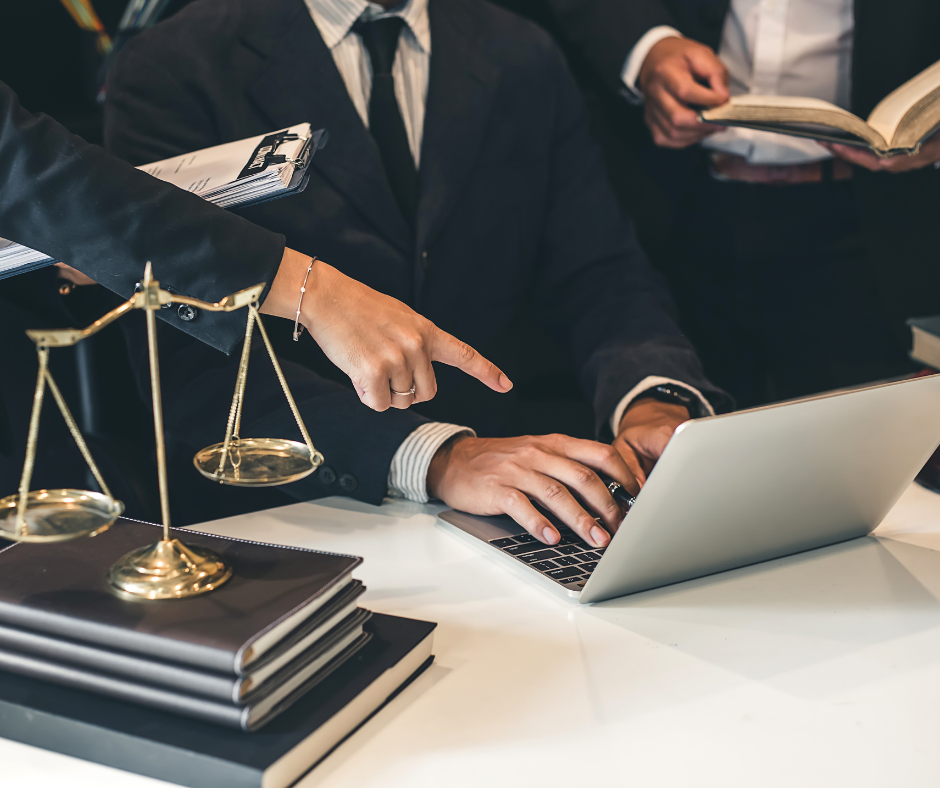
The legal world is full of technical terms and jargon that can be difficult for the average person to understand. This is where legal transcriptions come in. Legal transcriptions are helpful to have because they provide a written record of legal proceedings, which can be used for reference later on. Below, we’ll explain what legal transcriptions are and how they work.
What Are Legal Transcriptions?
Legal transcriptions are written records of legal proceedings. This can include hearings, depositions, trials, and other legal proceedings. The transcriptions are made by transcribers who listen to the audio recording of the proceedings and create a written document. Transcriptions can also be added to videos of proceedings, if necessary. According to research, videos with subtitles are watched more by 12% and viewers watch the video to a 91% completion unlike videos without subtitles which are watched to a 66% completion.

Transcriptions are made through a process where the transcriber listens to an audio recording of the proceedings and types out what is being said. The transcriptionist then adds the time codes and speaker tracking during the review process to ensure the transcript accurately represents what happened during the legal proceedings. The transcripted parts are then proofread by someone else to ensure consistency and clarity of the final product. After that, the transcriptions are assessed to confirm their quality. Once the quality is guaranteed, the transcriptions are made available to the public.
How Do Legal Transcriptions Work?
Legal transcriptions work by helping lawyers to have a written record of what was said during legal proceedings. This can be helpful when preparing for a case or reviewing the details of what happened during a hearing. Transcripts can also be used as evidence in a court case. For example, a transcript can be used to settle an issue if there is a dispute about what was said during a deposition.
Legal transcriptions may sometimes be used to create an audio record of the proceedings. This can be helpful for people who could not attend the proceedings in person. For example, if someone cannot participate in a hearing because they are in the hospital, they may be able to listen to the proceedings through a legal transcription.

Fun Facts About Transcription
A professional human transcriptionist can type about 80-100words per minute.
Humans speak at an average rate of 150 words per minute.
The first stenography machine was invented in 1877 by Miles Bartholomew in Canada.
Humans speak seven times faster than they write and four times faster than they type.
The world’s fastest typist is Barbara Blackburn, who can type about 212 words per minute.
About Scribie
Scribie is a leading provider of legal transcription, automated transcription, video transcription, and affiliate transcription services. We have a team of over 42,000 transcribers to help you get accurate transcriptions of your legal proceedings and any other audio files. Having been in the business for more than 14 years, we have the experience and expertise to provide you with high-quality transcriptions. Contact us today to learn more about our services! Accuracy and Time to deliver are very important for legal transcription. Legal firms work under pressure and hence you need a company which can create transcription quickly with high accuracy. Scribie provides just that at an affordable price compared to any other transcription company.

